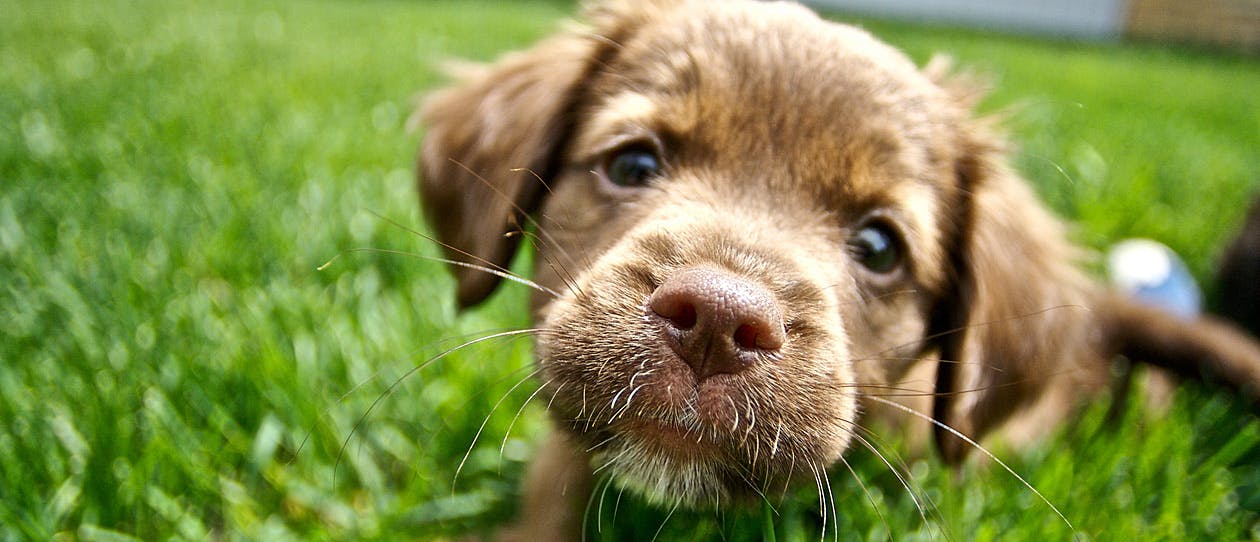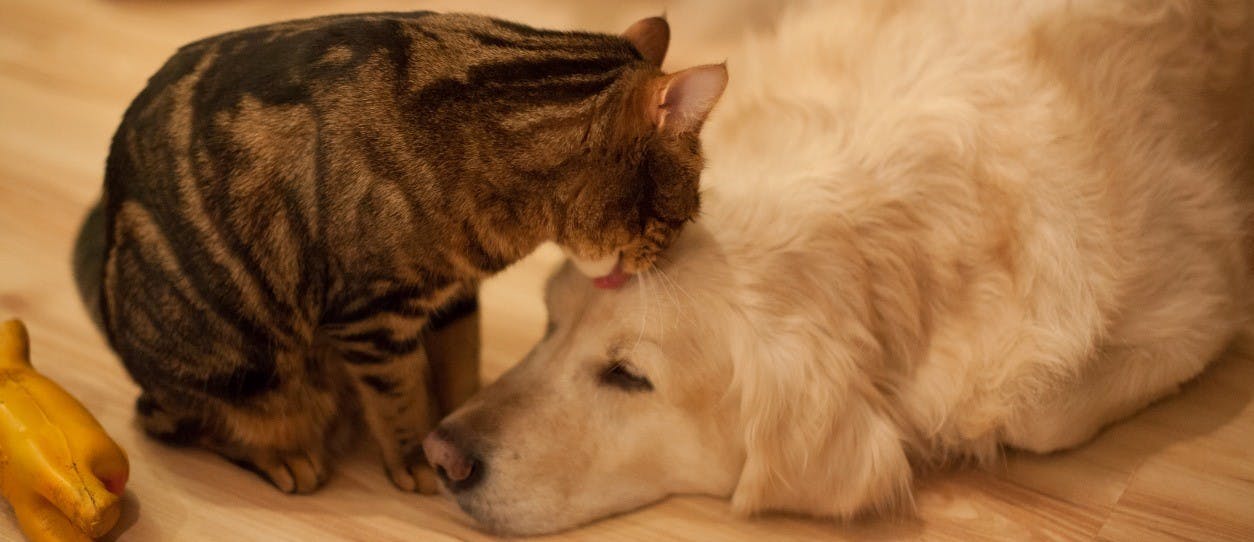
- A Guide To Perfect Your Pet's Health/
- Learn About Liver Health For Your Pet/
- Identifying and Treating Liver Toxicity In Pets


The liver is the organ where toxins go to be filtered by the body, so if your pet consumes something they shouldn't, such as some medications, food or household items, your pet’s liver can be damaged or compromised.
Common culprits
There are many common household items that can cause liver toxicity, some of them include: cleaning supplies, pesticides, pest control products like rat poison, or medicines meant for humans (in fact you should never feed your pets medicines designed for humans, without advice or a prescription from your vet). These items should always be kept out of reach from pets; cats in particular can get into hard to reach places, so make sure to put these items away in a cupboard or a drawer that they don't have access to. When cleaning around the house you could also consider using non-toxic cleaners and pest control methods to reduce the risk of your pet getting sick.
Some foods commonly consumed by the family are also toxic to pets, as are a range of plants commonly found in Australian gardens. For example, some foods dogs should not eat are chocolate, grapes, yeast or avocado. Lillies, tea tree and aloe vera have also been reported to cause toxic effects to pets, it is recommended that you talk to your vet about plants common to your area that are poisonous, and ensure you don’t have any.
If you see your pet consuming any of these substances, it is best to take them to the vet than take a wait-and-see approach – liver damage can be swift and deadly.
Spotting the signs
Symptoms of liver toxicity can vary depending on the duration of exposure and the type of toxin. The following symptoms may be observed in cats or dogs with liver toxicity:
Gut symptoms
Skin symptoms
Nervous system symptoms
If you notice any of these symptoms it is recommend that you take your pet to the vet, as liver toxicity can be fatal if not treated.




